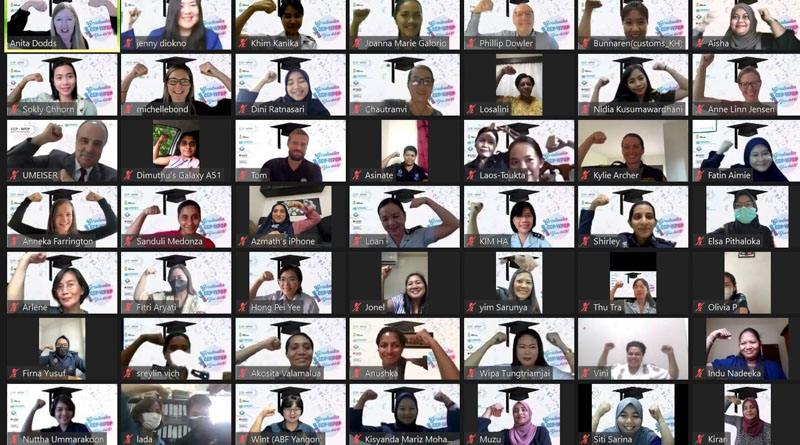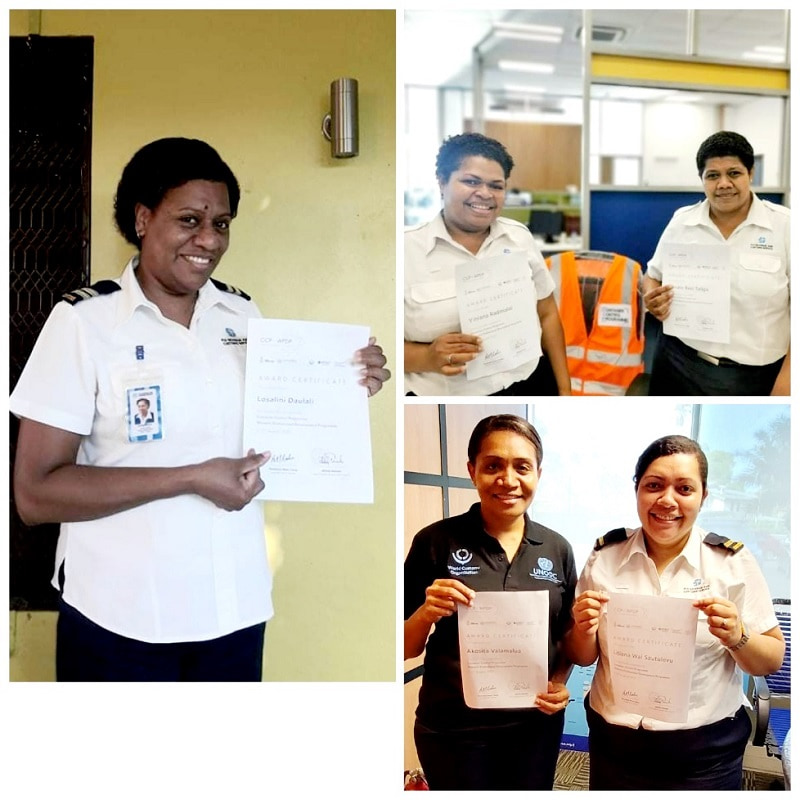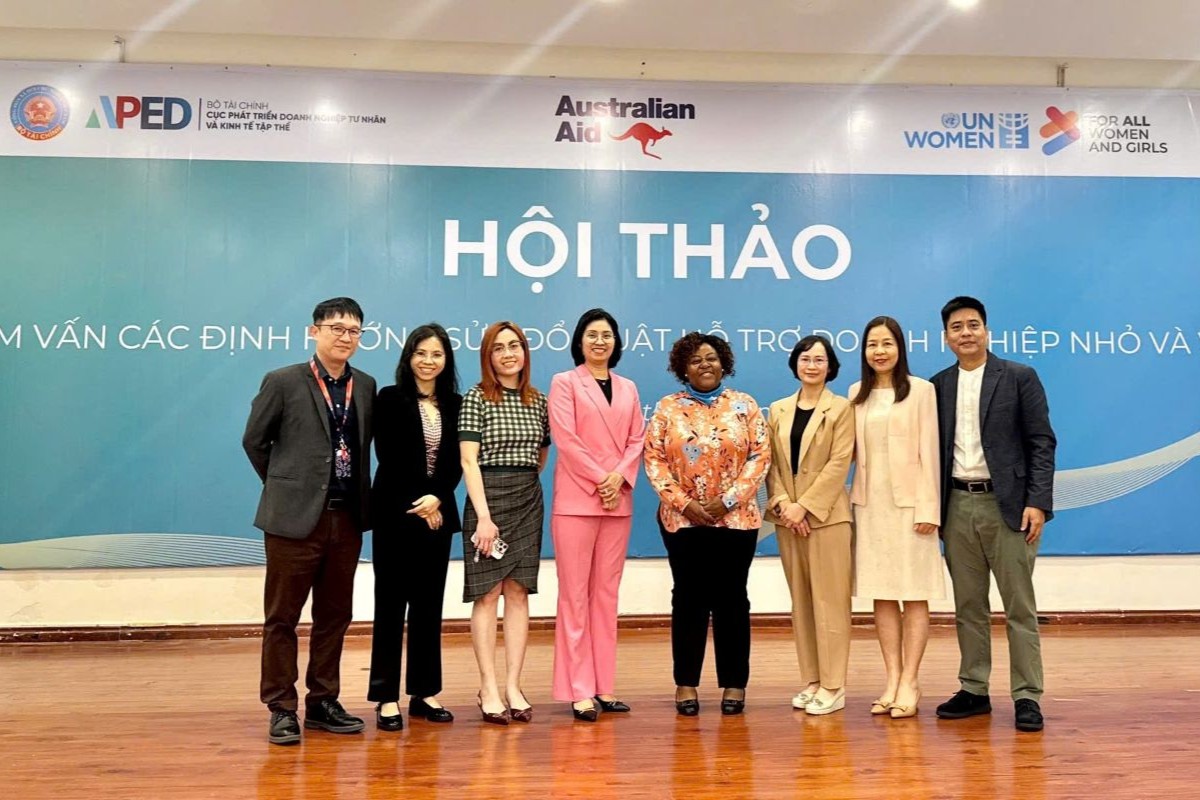The program, an initiative of the Australian Border Force, the United Nations Office on Drugs and Crime (UNODC) and the World Customs Organization, was delivered by RMIT University’s Hanoi-based Transnational Security Centre.
Australian Border Force Commander Lauren Monks said: “Customs officers across the Asia-Pacific region manage a highly complex portfolio of activities to protect national borders and enable legitimate trade. Through the CCP-WPDP we are providing an opportunity for emerging women leaders to build trusted networks and leadership to more effectively combat the global movement of illicit goods.”
“Fifty-eight participants from 11 countries just graduated from the CCP-WPDP with enhanced leadership, networks and technical tradecraft to combat transnational crimes including drug trafficking, terrorism, smuggling, counterfeit goods and the illegal movement of hazardous and dangerous goods,” Commander Monks added.
Mr Phillip Dowler, Head of the Hanoi campus and the Transnational Security Centre at RMIT University, added: “For the past 16 years, RMIT Hanoi campus has been the proud host of various management programs for law enforcement officials from all over the world. We have earned an international reputation for working alongside our partners to design and deliver specialised training programs to empower women as they proactively advance their careers.”
A participant from the Indonesian Directorate General of Customs and Excise, Ms Nidia Kusumawardhani said: “This course has encouraged me to have an adaptive mindset, and to be collaborative and innovative. It has also made me more confident to be a leader.”
“Our group learned and grew together during the four weeks. This program united us as peers and sisters, and I’m ready to be here for all of them as we continue on this journey,” she added.






